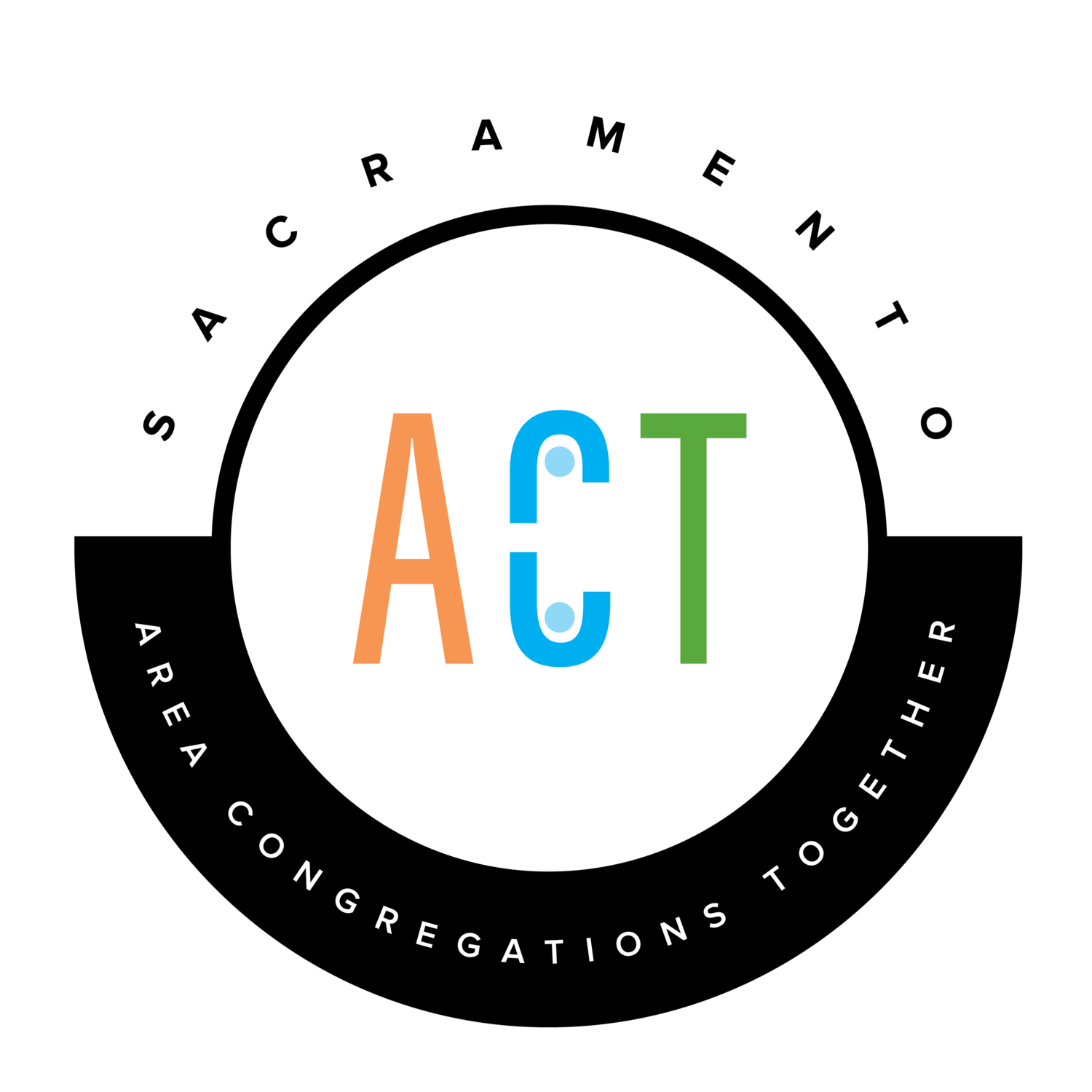A Sacramento synagogue is declaring itself a sanctuary for refugees and undocumented people living in the United States, in response to rising fears about deportations.
Congregation B’nai Israel voted earlier this month to become a sanctuary. Sacramento Area Congregations Together, or Sacramento ACT, says other churches and synagogues are discussing the issue of sanctuary status.
People worried about deportation can contact Sacramento ACT, which will in turn reach out to B’nai Israel.
“We would invite that person to stay on our premises and stay as long as they need to,” Congregation President Alan Steinberg said. “We would provide refuge and fully shield them from being deported.”
Rabbi Mona Alfi says congregation member Bernard Marks, a Holocaust survivor, was a leader on the issue.
Marks says the current state of affairs “takes [him] back to 1939.”
“I believe we need to look at it from a human standpoint. Not from where you’re from – Mexico, Guatemala, Peru,” Marks said. “My family was torn apart, because there was a nation that did nothing, that let it run rampant. What I see is we're having America running rampant.”
In June 1999, Congregation B’nai Israel was firebombed, along with two other Sacramento synagogues. Rabbi Mona Alfi brought up the synagogue’s history of anti-Semitism when discussing the risk B’nai Israel faces in declaring itself a sanctuary.
“Some of the risk would be from people who would not be happy with us doing that – people who are probably already negatively predisposed toward the Jewish community and don’t like us giving shelter to undocumented refugees or immigrants,” Alfi said.
Steinberg, the congregation president, said he doesn’t know what would happen were Immigration and Customs Enforcement (ICE) to come to B’nai Israel with the goal of deporting immigrants who had sought refuge there.
“Certainly if they come in by force, we’re not going to stop them with force,” Steinberg said, “other than showing a passive resistance by having our congregates present and vocal and observing what happens.”
Alfi the symbolism of having a Jewish synagogue serve as a sanctuary is strong.
“We have too many people who have had people taken from their homes, deported because of the Holocaust,” she said. “I think this is something that when we look at that – it’s impossible to look at it but from a personal perspective.”
